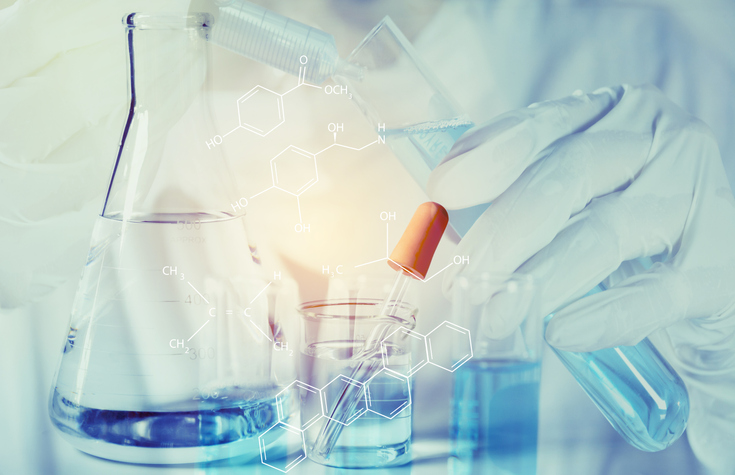Two Key Recommendations For Purifying Your Laboratory Water
4 März 2020

The water in your tap has already gone through several purification steps to keep you safe and yet it still contains all sorts of impurities like microorganisms, salts (the reason why you would get electrocuted if you dropped a hair drier in the bathtub) and organic compounds. Suddenly, water that’s pure enough to drink might not be quite as pure as you thought.
In the lab, water is perhaps your most important reagent (and its position as the universal solvent means that it is probably also a component of many other reagents you use). Impurities, on the other hand, are usually your enemy. You should be using different levels of purity for different applications, to avoid problems caused by contaminants (all while minimizing financial cost). Pre-treating water is a great way to obtain a lot of water sufficient for a wide range of low-purity applications, and you can use this water in further steps of purification for those applications that are more demanding. The type of purity required depends on the application the water is for, and you can save money by making sure you chose the right type. Read on to find out more about these two cost-saving tactics.
Recommendation 1: Pretreat Your Water To Cut Down Costs
Let’s assume your water has made it to the tap. It’s come out of the ocean or Earth’s deep underground storage, through modern water treatment works and into the pipes. You could take small amounts of this and purify it to high levels, but a more economical and efficient option is to start with pretreatment, which takes large quantities of water to a level of purity that is already appropriate for some uses, like preparing cleaning reagents. This allows you to take advantage of economies of scale and prevents you from using more expensive water for rudimentary applications such as cleaning. You can then use this water as a precursor for higher levels of purification. To pretreat water, you pass large volumes through compressed fibers that filter out particles of a nominal size. Activated carbon (AC) is relatively cheap (you’ll see it in many hikers’ backpacks these days for emergencies) and you can use this to remove chlorine, chloramine and organics.
Recommendation 2: Choose A Water Treatment Option Based on Your Needs
After pretreating your water, you have several options for removing different impurities. Which one you choose should depend on the type of experiment you plan to carry out:
- Reverse osmosis (RO) – uses semi-permeable membranes to typically remove over 95% of ionic and organic contaminants. Dissolved gases are not removed.
- Ion exchange (IX) – cartridges or cylinders containing resin with small porous beads. They need regular replacement but are relatively cheap. Other contaminants such as bacteria remain.
- Electrodeionization – combines features of RO and IX.
- Filtration – finer filters than those used for pretreatment. Removes colloids, bacteria and particulates and with the finest filters can remove nucleases, endotoxins and organics.
- Ultraviolet (UV)
- Distillation – removes contaminants that don’t evaporate with water.
- Degassing – uses a hydrophobic membrane and a vacuum or flush gas to remove gases such as CO2 and O2.
- Vent filters – can be fitted to reservoir to prevent contaminants entering stored water.
Get To Know Your H2O
There’s a lot more to know about water purification technologies, how different contaminants can impact different experiments and how water is tested for purity. If you want to be sure that you are always using the best and most cost-effective solution, download our guide “Water – The Essence of the Lab” today. It has everything you need to know about laboratory water (and then some).
